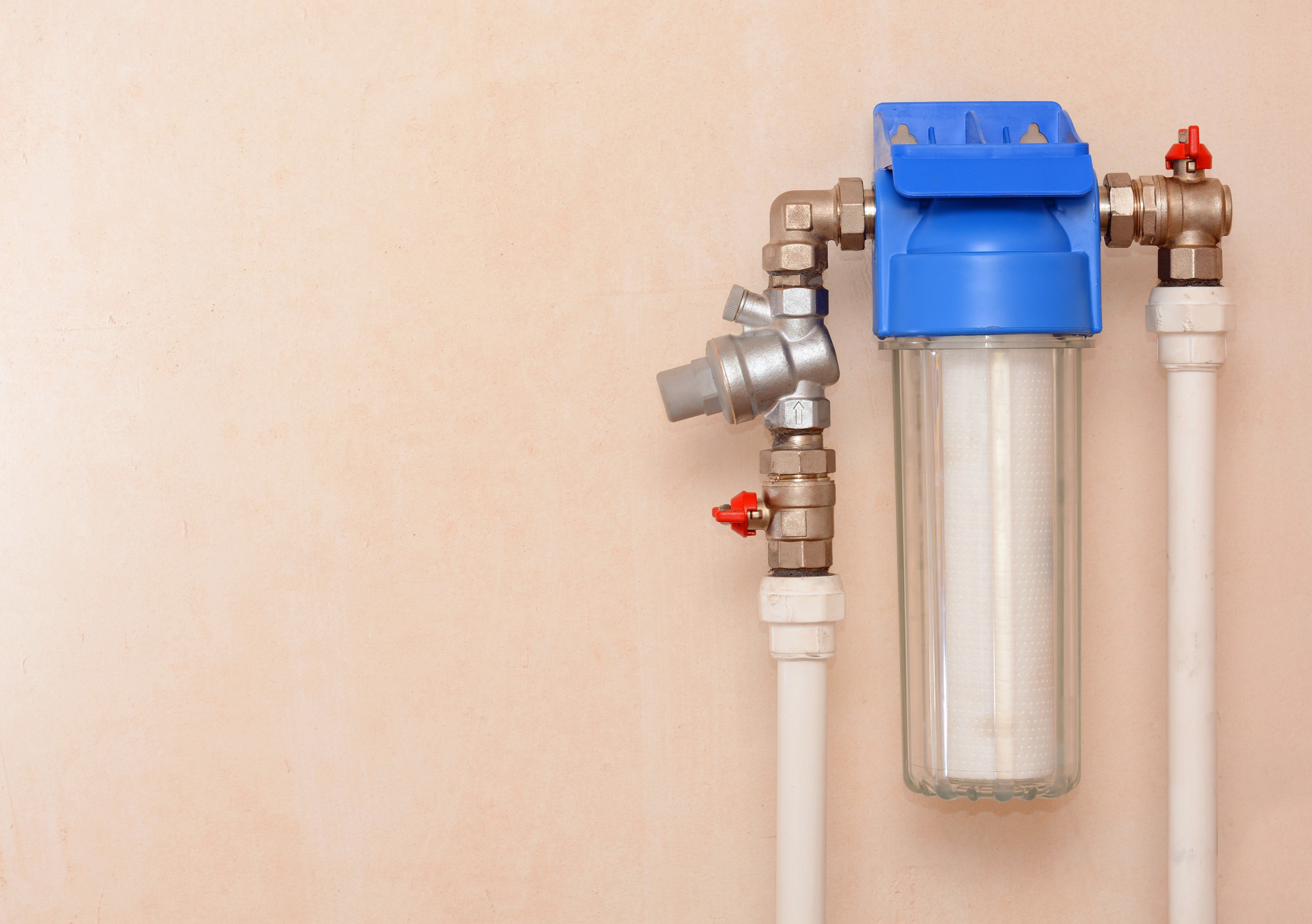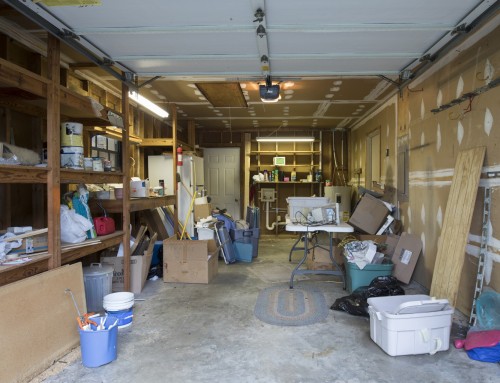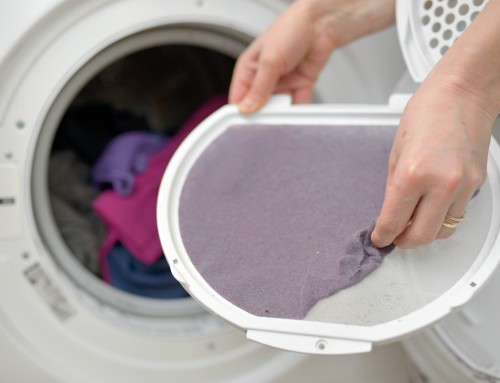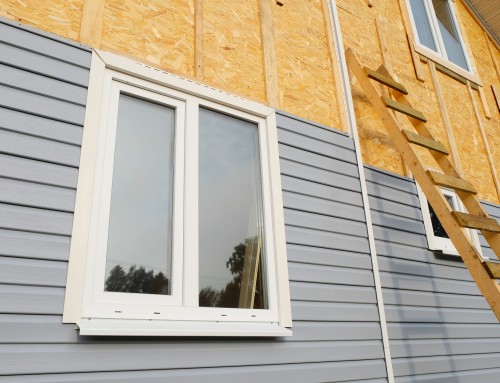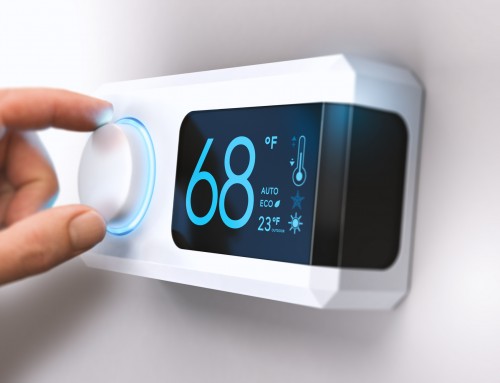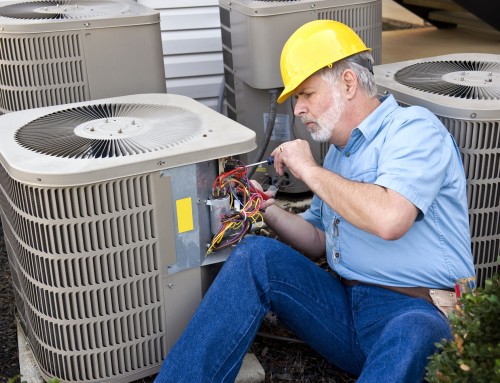Water filters’ name is spot-on: they remove dirt, chemicals, and other materials from your water. This helps maintain a clean and clear taste, while also preventing potential health problems.
However, while all home water filters filter water, not all of them do it in the same way. Different methods of water filtration come with unique pros and cons and also carry very different price points. If you know the major differences between the available types of water filters, you can get the best one for what you need.
Activated Carbon Filters
One of the most common water filters that you can get for your home is an activated carbon filter. These water filters come in many different forms, so you can choose the one that best fits your habits. You can have a pitcher with an installed filter, a filter underneath the counter of your sinks or appliances, or even whole house units.
Whole-house units have the largest capacity and mean that all of your water is free from contaminants with little effort. While you will still need to replace the filter, whole house unit filters last longer than their smaller counterparts. While it will depend on the quality of your water supply, in general, you can expect your filter to last months or even a year.
Carbon filters tend to be on the more affordable end of the spectrum, but you do need to replace them every so often. This is because the trapped materials and debris can become a breeding ground for bacteria, actually making your water worse quality.
Reverse Osmosis Filters
Reverse osmosis water filters are the better choice if you have metals, minerals or other non-living contaminants in your water. They have a membrane within them that has a number of small holes punched in it. These holes are so small that they allow water molecules to flow through but will trap other molecules on the other side.
Most of the time, reverse osmosis filters will have activated carbon filters on either end of the membrane. The filter in front of the membrane will prevent large amounts of debris from damaging the membrane. The final filter is only another pass through designed to remove any remaining bacteria or debris.
Reverse osmosis filters are slower than other types of filters. This means that once you run out of filtered water, you may have to wait for the filter to work, much like how water heaters work.
You will also have to replace your filters regularly. This can increase the operating cost of these filters over time, especially since there are usually three filters in the unit.
Water Distillers
Water distillers are a unique type of water filter that make use of heat to remove contaminants. Instead of using a physical filter to block out debris, they heat water up until it is steam, and then transfer it to another container.
This means that physical things like salt, rust, and dirt will be left behind. However, distillers are not effective at removing bacteria and can struggle to remove chemical contaminants as well.
They also take quite a bit of time to work, since the water has to evaporate and then condense again. This means that they are really only ideal for drinking water, or for making coffee or other drinks.
Water Softeners: Different Home Water Filters
Water softeners are a unique type of water filter designed to remove hard water from your plumbing. Hard water is water that has a high amount of dissolved minerals within it. Most often, these minerals are calcium and magnesium, but other metals and minerals are sometimes present as well.
Over time, hard water will form a chalky buildup on your plumbing. This can restrict the flow of water out of your faucets and showerheads, and even lead to clogged or burst pipes in severe situations.
Allowing hard water buildup to sit for a long period of time can eventually mean that the only means of repair is replacing the pipes outright. A water softener uses an electric charge to remove the minerals, and recharges itself using a salty brine.
Water softeners are not actual water filters, however. They won’t change the amount of other minerals or chemicals in your water supply. Fortunately, there are a few different filter softener combo models that you can choose from.
UV Water Filters
Some water filters don’t make use of a physical filter at all, but instead use UV radiation. These filters are extremely effective at killing living things, like bacteria, but do nothing against non-living contaminants.
On the plus side, UV water filters do not have physical filters that you need to replace. They also work much faster than other types of filters do, since there is no physical barrier water must flow through first.
However, UV filters do need a constant power supply to work. This means that they may not be the best choice for rural areas, or for areas that may need access to filtered water in an emergency situation.
Choose the Best Filter(s) for You
Before you choose between all these types of home water filters, it’s a good idea to have your water quality checked. You need to know what needs to be filtered out of your water before you choose a filter. In some cases, it may make more sense for you to use multiple filters – like a distiller for drinking water and an activated carbon filter for the rest of your home.
For more information about how to keep your home’s water supply clear and clean, check out the lifestyle section of our blog. We also cover several related topics that can improve your comfort levels, like improving home safety or boosting interior air quality.

